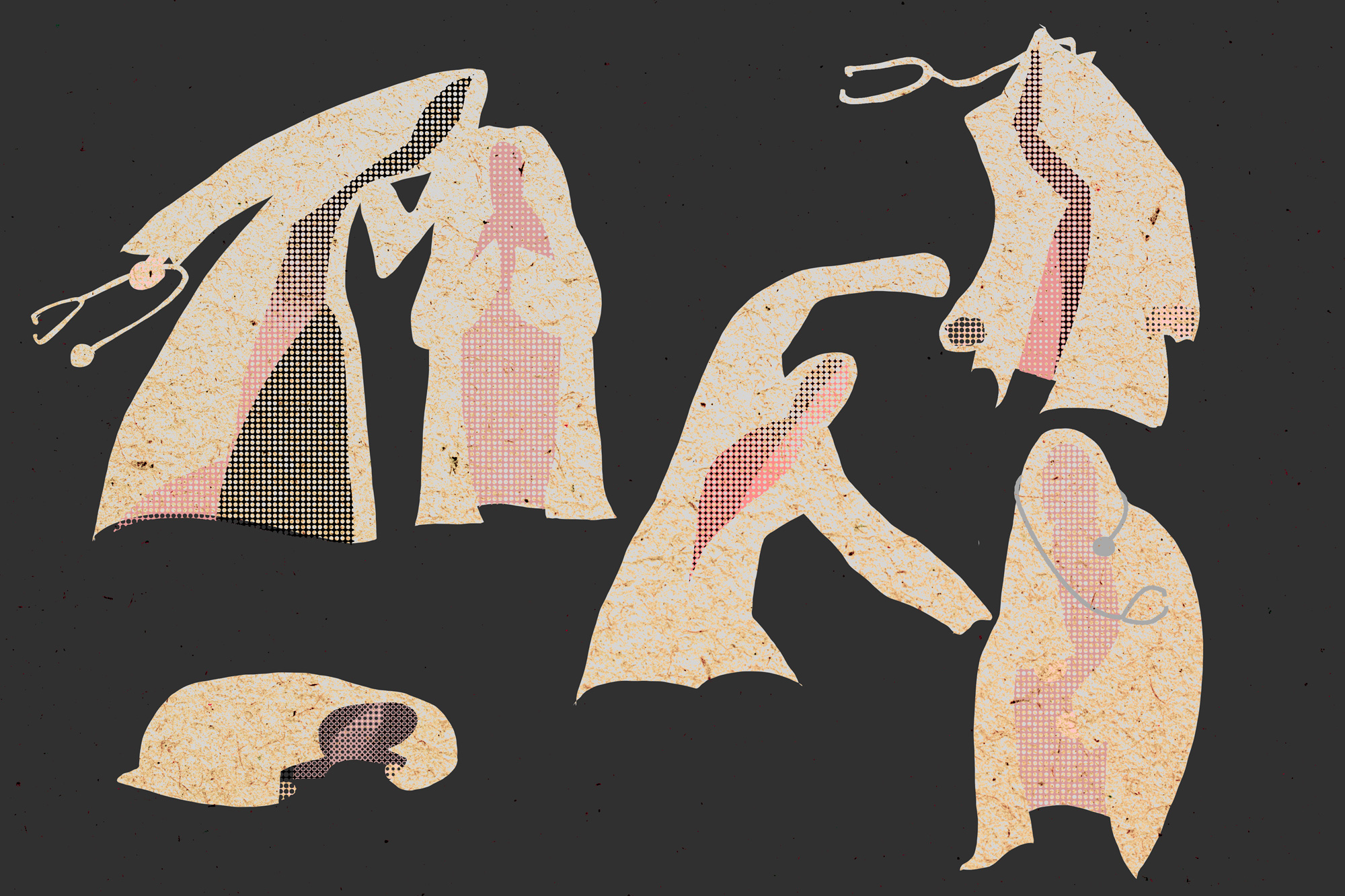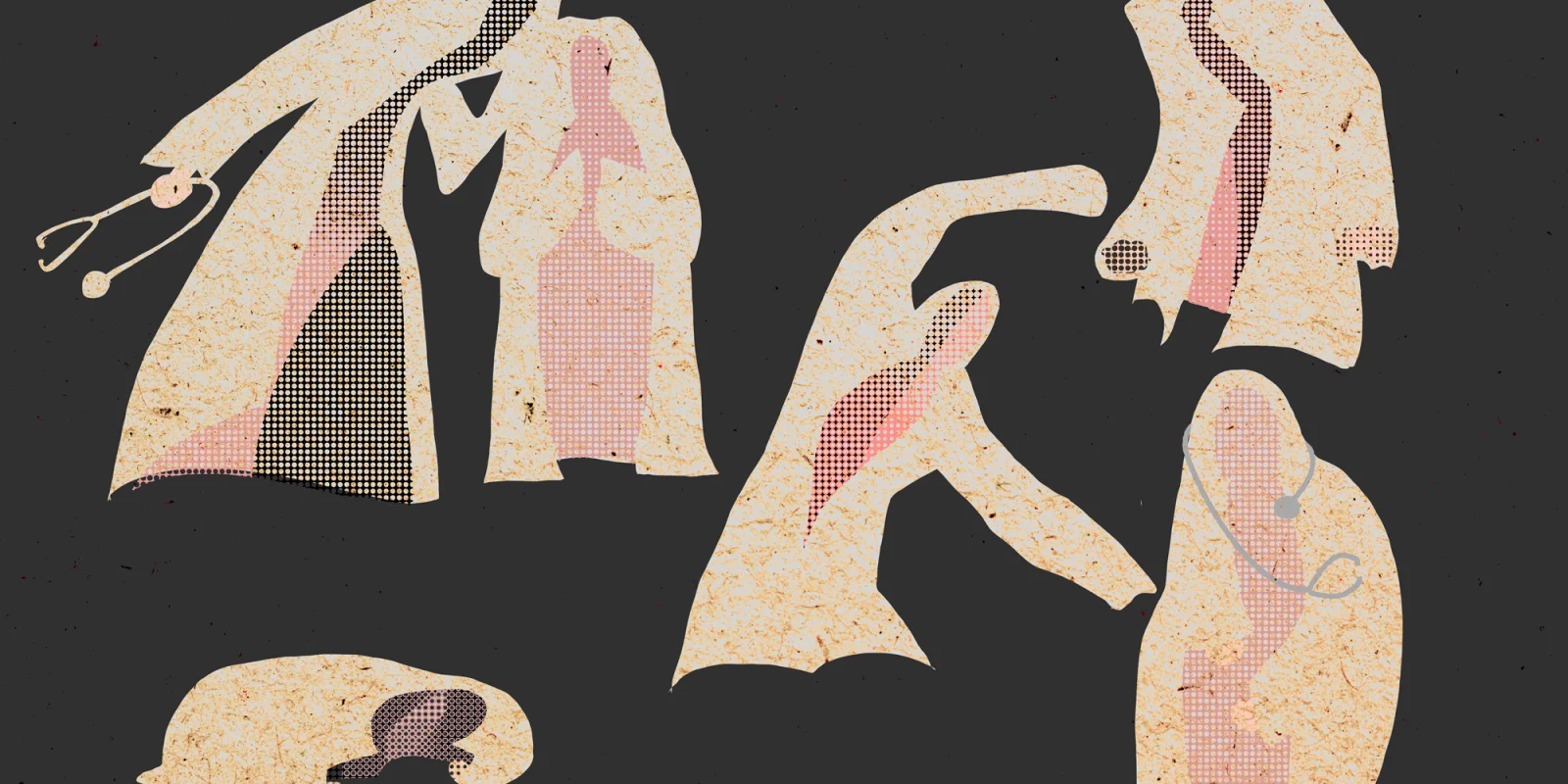 In the span of the next month or so, a new generation of medical students enters our hospital systems. Bright and excited minds will be eager to fulfill their dreams of caring for patients and learning from their team members. As they start this journey, there is a sharp shift in the learning environment we create to impart medical knowledge and clinical skills to students and residents.
In the span of the next month or so, a new generation of medical students enters our hospital systems. Bright and excited minds will be eager to fulfill their dreams of caring for patients and learning from their team members. As they start this journey, there is a sharp shift in the learning environment we create to impart medical knowledge and clinical skills to students and residents.
The clinical experience offers a unique atmosphere based on providing evidence-based care to our patients. From my clinical experiences, I have observed various tools superiors may use to teach students. Pimping is most commonly employed as a long held tradition to assess knowledge while on rounds or in the operating room to highlight essential principles. While many students may not enjoy this method of being assessed on the spot, it is inevitable. There may be lectures during didactics based on core clinical concepts or aberrant cases. Teaching also happens in one-on-one settings, especially with residents who are willing to explain complex management algorithms or disease processes more clearly. Independently, all medical students, myself included, rely textbooks, online teaching aids, or evidence-based materials to create a personalized fund of knowledge beyond the foundation built in the pre-clinical years.
These educational behaviors are not particularly malignant. Though preferences may dictate how students perceive these teaching formats, they are all learning tools in healthcare. However, sometimes faculty and/or residents can attempt to teach or elicit knowledge from students in a negative manner. Behaviors such as public humiliation and berating can be intertwined with these learning experiences, targeting the most vulnerable learning population, third year medical students. The transition from pimping to humiliating from the third year medical student’s perspective can often feel seamless.
The existence of this phenomenon is challenging to comprehend. For a profession that embraces and finds value in healing, teaching, and compassion, humiliation and beratement are unlikely companions. In two studies, medical students continue to report experiencing humiliation, intimidation, and mistreatment during their clinical rotations. A majority of students report experiencing humiliation (74%) during clinical rotations, translating to feelings of disgust and regret surrounding their decisions to enter the medical profession. Harassment was reported by 42% of students, with 13% percent of students categorizing these experiences as severe.
While the reasoning for this behavior was speculated in both studies, senior attendings and residents have the professional and personal responsibility of appropriate treatment of medical students and trainees in our contemporary era. Humiliation, harassment, and intimidation in any other profession would be undeniably considered as mistreatment. The continued expression of such behaviors emphatically contradicts a medical climate that emphasizes emotional intelligence.
The effect of witnessing or suffering these behaviors is not finite. Some students may desire to act similarly once they are in positions of superiority, further augmenting the usage of archaic learning tools. Other students may change career paths based on dehumanizing learning experiences. Ultimately, these behaviors alter the motivations and perspectives of students as they transition into the physician role. The result could be significant burnout or at the very least disconnect from professional purpose.
The third year of medical school, is overwhelming. A common ethos in the third year is to feel like a burden to the medical team without knowing the best way to help in the care of patients. Micro-analyzing every word the intern, resident, and attending says and trying to understand what impressions one makes is a constant during the third and fourth years of medical education. However, these negative learning tools should not be an expected torment on the wards. Despite the protocols in place for reporting mistreatment, the impetus to report humiliation and intimidation is minimal -- and the fear of retaliation or punishment for doing so is much larger. The system must change from our superiors, from clerkship directors, from attendings, and from those who are less vulnerable than their students.
Shree Agrawal is a urology resident at the Cleveland Clinic Glickman Urological and Kidney Institute. She completed her B.S. in biology degree and medical degree at Case Western Reserve University, as well as a clinical research fellowship in genitourinary reconstruction at Cleveland Clinic. She is passionate about research surrounding patient decision-making and currently blogs for Doximity and the Association of Women Surgeons. In her free time, she enjoys boxing, practicing yoga, and cooking. She is a 2018-2019 Doximity Author. Twitter: @ShreeAgrawal21
Illustration by Jennifer Bogartz







